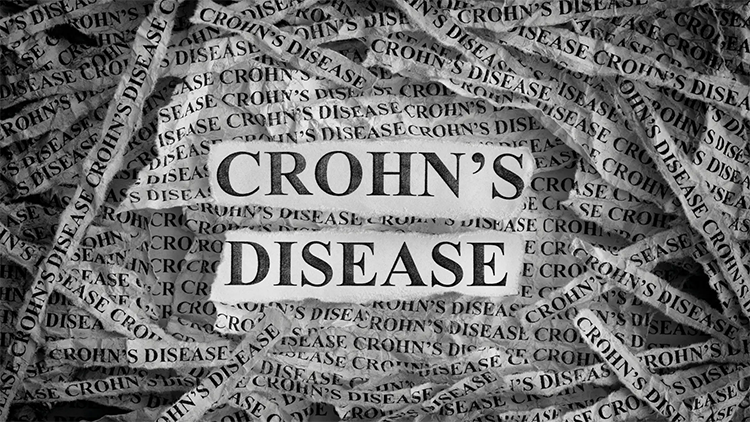
So what exactly is silent Crohn’s Disease?
Crohn’s disease is a type of inflammatory bowel disease (IBD) that causes chronic inflammation in the digestive tract. While many people experience obvious symptoms like abdominal pain, diarrhea, or fatigue, some cases go “under the radar” — this is often referred to as silent Crohn’s disease.
What Makes Crohn’s Disease “Silent”?
Silent Crohn’s occurs when inflammation is present in the intestines, but noticeable symptoms are minimal or even absent. People may feel generally healthy and might not realize their digestive system is under stress.
Common Signs to Watch For
Even without symptoms, silent Crohn’s can cause long-term damage to the intestines, including strictures (narrowing of the intestines), fistulas (abnormal connections between organs), or nutrient deficiencies.
Why This Matters
Even “silent” cases may show subtle indicators, such as:
- Unexplained fatigue or low energy
- Mild digestive discomfort after meals
- Unintentional weight loss
- Changes in bowel habits that may seem minor
- Low-grade inflammation detected in blood tests
Is Silent Crohn’s Disease Genetic?
A recent study from 2021 suggests a possible genetic component to silent Crohn’s disease. Research indicates that some people with inflammatory bowel disease (IBD) experience minimal abdominal pain due to specific genetic variations that affect how they perceive pain.
IBD is an umbrella term that includes both Crohn’s disease and ulcerative colitis. Cases with little to no noticeable symptoms are sometimes referred to as “silent” or “hypoalgesic” IBD.
While the condition is still under-recognized, ongoing research continues to explore why some people with active gut inflammation remain largely symptom-free. Understanding these genetic links may help doctors identify and treat silent Crohn’s disease earlier.
Why Early Detection is Critical
Because silent Crohn’s disease can progress unnoticed, early detection is essential to prevent complications. Doctors may use a combination of tests to identify inflammation, including:
- Blood tests to check for markers of inflammation
- Stool tests to detect gut inflammation
- Endoscopy or colonoscopy to examine the intestines directly
- Imaging studies, such as MRI or CT enterography
Managing Silent Crohn’s Disease
Even without obvious symptoms, treatment can help:
- Medications to reduce inflammation and maintain remission
- Nutritional support to prevent deficiencies
- Regular monitoring with your gastroenterologist to catch flare-ups early
What This Means For You
Silent Crohn’s disease can fly under the radar, but it’s not harmless. If you have risk factors or subtle digestive changes, it’s important to speak with a gastroenterologist. Early detection can protect your gut and improve long-term health outcomes.
📞 Schedule a consultation today with one of our gastroenterologists. Call 888-452-0022 or request an appointment online.


